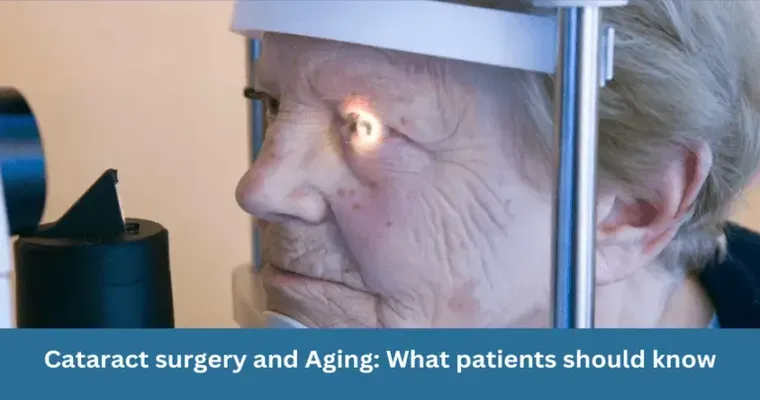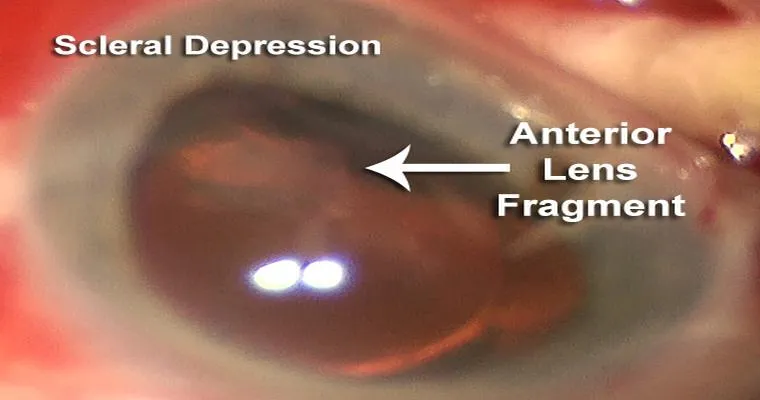When an elderly loved one is scheduled for "cataract surgery", it can be a time filled with both concern and hope. Understanding what to expect during this process can help alleviate anxiety and provide support. Cataract surgery is a common procedure that aims to improve vision by removing the cloudy lens in the eye and replacing it with an artificial one. This article will guide you through the typical steps involved, recovery expectations, and tips for providing the best care during this transition.
Pre-Surgery Preparation
Before the surgery, your loved one will have a pre-operative appointment. This appointment typically includes a thorough eye examination, where the ophthalmologist will assess the severity of the cataract and determine the best course of action. It is essential to discuss any medications your loved one is taking, as some may need to be adjusted prior to the procedure. Your loved one will also receive instructions on how to prepare for the surgery, including dietary restrictions and the need for someone to accompany them to the clinic.
The Day of Surgery
On the day of the "cataract surgery", your loved one will arrive at the surgical center, where they will be greeted by the medical staff. They will likely receive a sedative to help them relax but will remain awake during the procedure. The surgery itself usually lasts about 15 to 30 minutes and is performed using local anesthesia. Patients often report feeling little to no discomfort during the procedure. Understanding that the surgery is quick and minimally invasive can ease the nerves of both you and your loved one.
Post-Surgery Recovery
Following the "cataract surgery", your loved one will be monitored for a short time before being discharged. It is essential to have a responsible adult accompany them home, as their vision may be blurry immediately after the procedure. Your loved one will receive specific post-operative care instructions, including how to use prescribed eye drops and what activities to avoid in the days following surgery. It is normal for patients to experience some mild discomfort, sensitivity to light, or a watery eye, but these symptoms usually resolve within a few days.
Follow-Up Appointments
Regular follow-up appointments are crucial to monitor the healing process and ensure the new lens is functioning correctly. These appointments typically occur within a few days to a week after surgery. During these visits, the ophthalmologist will check the eye's pressure, examine the eye for signs of infection, and assess visual improvement. Encourage your loved one to voice any concerns during these appointments, as open communication is vital for a successful recovery.
Tips for Caregiving
As a caregiver, your role is critical in supporting your loved one during their recovery. Here are some tips to help you provide the best care:
1. "Assist with daily activities": Your loved one may need help with tasks such as cooking, cleaning, and personal care, especially in the first few days post-surgery.
2. "Encourage rest": Remind your loved one to take it easy and avoid strenuous activities or heavy lifting for at least a week after surgery.
3. "Monitor for complications": Keep an eye out for any signs of infection, such as increased redness, swelling, or discharge from the eye. If you notice anything concerning, contact the ophthalmologist immediately.
4. "Promote eye health": Encourage your loved one to wear sunglasses when outdoors to protect their eyes from bright light and UV rays.
5. "Be patient": Remind them that it may take time for their vision to stabilize, and they should be gentle with themselves during this adjustment period.
Conclusion
Cataract surgery can significantly enhance the quality of life for elderly individuals, offering them a chance to regain their independence through improved vision. By understanding what to expect and being prepared to provide support, you can help your loved one navigate this journey with confidence. With proper care and attention, they will be on their way to clearer sight and a brighter future.





